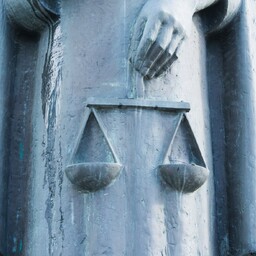Estonia does not have a separate source protection law. The source protection clause was added to the Media Services Act 15 years ago. This was done because source protection was previously only mentioned in the ERR Act. The Ministry of Culture does not consider it necessary to create a new source protection law.
Andres Jõesaar, media advisor at the Ministry of Culture, speaks about the new draft. He says that the basis for source protection has been in Estonian laws since 2010. He adds that the new law would not change the conditions for source protection.
The Media Companies Association and Duo Meedia Networks criticize the draft. They believe it does not protect journalists from surveillance software. For example, Pegasus software is not mentioned in the draft. Väino Koorberg, head of the Media Companies Association, says Estonia should fully adopt the European Media Freedom Act.
Koorberg says that the protection of editorial offices is not clearly stated in the draft. He believes that source protection should avoid restrictions on journalists. Jõesaar does not consider unconditional source protection feasible. He says journalists should not have the right to conceal serious crimes.
The new draft extends source protection to persons in close relationships with journalists. The Media Companies Association believes this definition is too narrow. Jõesaar thinks the concept is correct.
The Media Companies Association wants a more thorough discussion on source protection. Koorberg says the issue of source protection is not fully resolved in the draft. He believes Estonia needs a clear legal framework. The Ministry of Culture finds that the draft sufficiently applies the European Media Freedom Act.
The amendment to the Media Services Act has been in the works for a long time. The updated draft has gone through the coordination round. The legislative amendment is expected to come into force next year.

